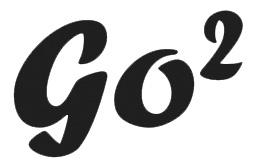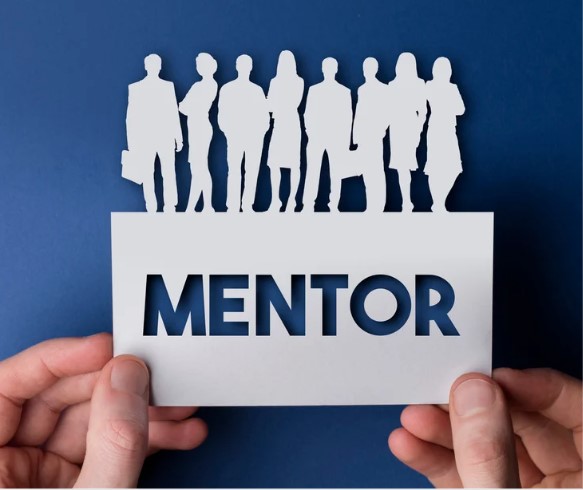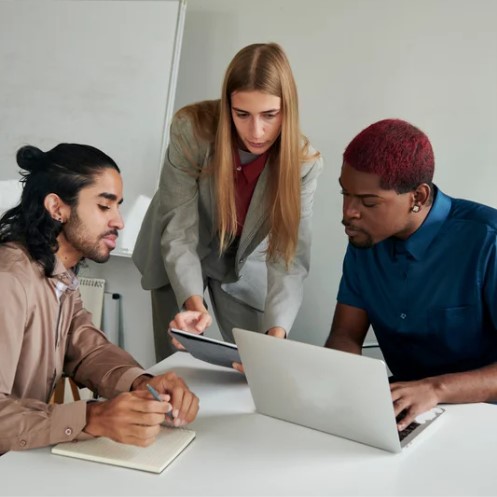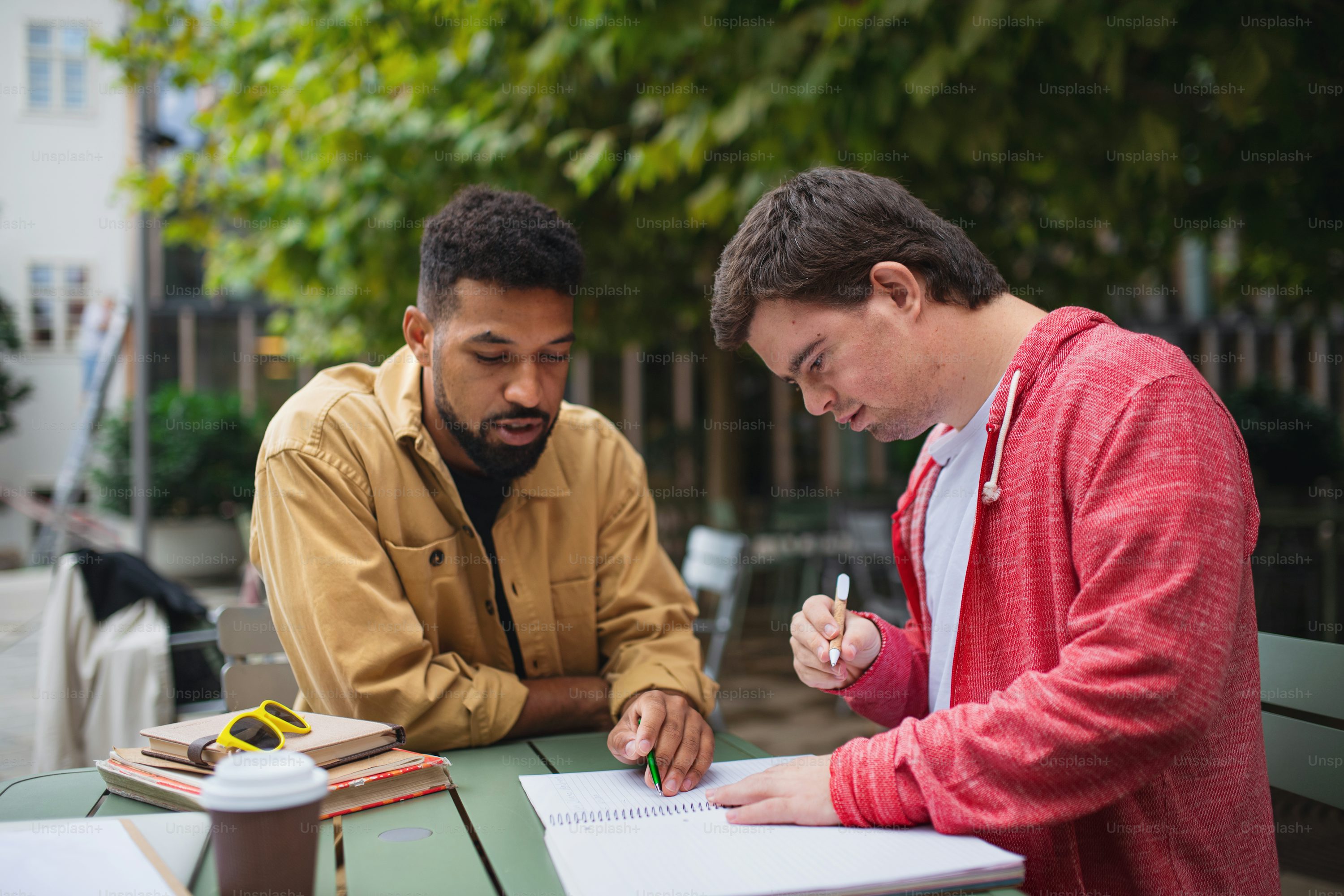
Finding a Mentor: The Key to Personal and Professional Development

Personal and professional development is a lifelong journey that requires dedication, hard work, and the right guidance. While it’s possible to make progress on your own, having a mentor can be a game-changer. A mentor is a more experienced individual who takes an active interest in your growth, offering insights, advice, and support along the way. If you’re looking for a mentor, there are a few things you should keep in mind to ensure that you find the right person for you.
The first step is to have a clear picture of what you’re looking for in a mentor. This means identifying the qualities and characteristics that are important to you. For instance, you may want someone who has relevant knowledge, expertise, and experience in your field or industry. You may also want someone who is enthusiastic about sharing their knowledge, can give honest feedback, and is empathetic. Additionally, you may want someone who is passionate about the skills or areas of expertise that you’re interested in.
Once you have a clear idea of what you’re looking for, it’s time to start searching for a mentor. One of the best places to start is within your network. This could be your friends, family, colleagues, or even your professors. Reach out to them and ask if they know someone who could be a good fit for you. Attend networking events and conferences in your field or industry. These events provide an opportunity to meet new people and connect with potential mentors.
Another option is to join a mentorship program. Many organizations have mentorship programs that connect mentees with experienced professionals. These programs can be a great way to find a mentor who can help you achieve your goals. There are also several online mentorship platforms that connect mentors with mentees. These platforms can be an excellent resource if you’re unable to find a mentor through other means.
Once you’ve found a potential mentor, it’s important to evaluate whether they’re a good fit for you. A good mentor is someone who has a sincere desire to be involved with a young person and has respect for them. They also possess active listening skills, empathy, and the ability to see solutions and opportunities. A good mentor should also be flexible and able to assume different roles during the mentoring relationship, such as being a delegator, role model, cheerleader, policy enforcer, advocate, and friend.
In conclusion, finding a mentor is an important step in personal and professional development. A good mentor can help guide you towards success, offer insights and advice, and provide support and encouragement when you need it most. By following the tips outlined above, you’ll be well on your way to finding the right mentor for you. Remember, finding a mentor takes time and effort, but the rewards are well worth it.








.jpg)


